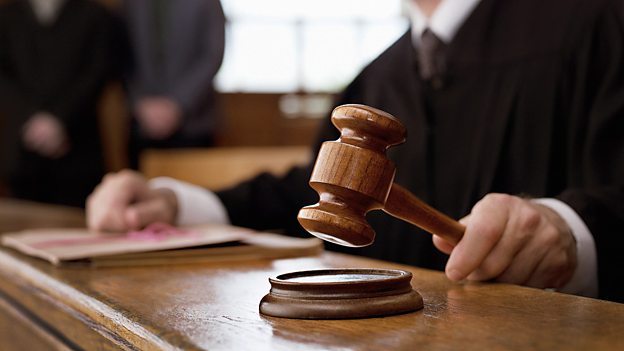(VM) – Virginia lawmakers are advancing legislation that would allow more defendants in criminal cases to present evidence that they suffer from mental illness or intellectual disabilities.
Current state code bars judges and juries from hearing such testimony before the sentencing phase of a trial except in cases in which a defendant pleads not guilty by reason of insanity — a defense that’s difficult to raise in Virginia and, if accepted, can result in indefinite detention in a state mental hospital.
“This is particularly important for people who have autism or who are on the spectrum who often just don’t have intellectual understanding of what certain behavior is,” said Sen. Jennifer McClellan, D-Richmond, who is carrying the legislation in the Senate. “Under current Virginia law, there’s no way for that to be considered at the guilt or innocence phase.”
The legislation is backed by mental health and disability advocates, who say the law’s current prohibition too often traps people with mental health conditions in the criminal justice system.
So far, it’s winning strong bi-partisan support. The House version, sponsored by Del. Jeff Bourne, D-Richmond, advanced from the chamber’s Courts of Justice Committee unanimously, though Republicans in the Senate have taken a more skeptical view.
The Virginia Association of Commonwealth’s Attorneys successfully pushed lawmakers to narrow their definition of what constitutes a mental illness, cautioning that initial drafts referenced a broad manual of potential diagnoses that could be raised as a defense, which range from pedophilia to internet gaming disorder.
Lawmakers in both chambers agreed to narrow the definitions to focus on serious mental illnesses and or disabilities, though debate about how precisely those should be defined continues.
Advocates stressed that the legislation stops short of creating a broad defense of diminished capacity. Instead, they said it would allow defendants accused of crimes that require specific, criminal intent to present evidence that their mental state precluded such thoughts.
Brad Haywood, the chief public defender in Arlington County and founder of the advocacy group Justice Forward, offered the example of a homeless, schizophrenic defendant who is charged with burglary for entering a business in search of a place to sleep.
“Burglary requires intent to steal,” Haywood said. “Well you might want to know what’s going on in his head in order to explain he actually don’t have intent to steal, he just didn’t know where else he could sleep. That is what this bill would allow.”
The Senate version of the legislation would require defendants provide the commonwealth’s attorney 60-days’ notice they intend to raise such a defense, which lawmakers said would provide an opportunity for prosecutors to subpoena medical records and consult their own expert witnesses.
The legislation has been sent to the budget committees in both the House and the Senate to weigh the potential fiscal impacts, primarily the potential expense of indigent defendants and prosecutors hiring more expert witnesses.



